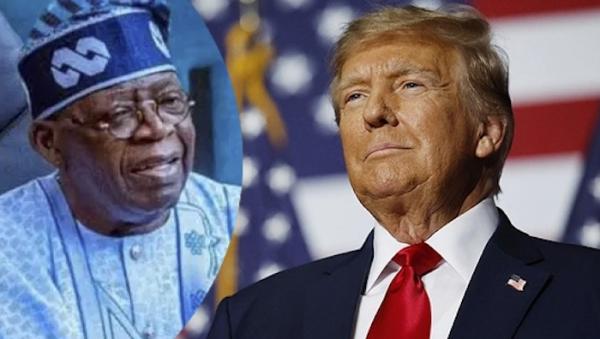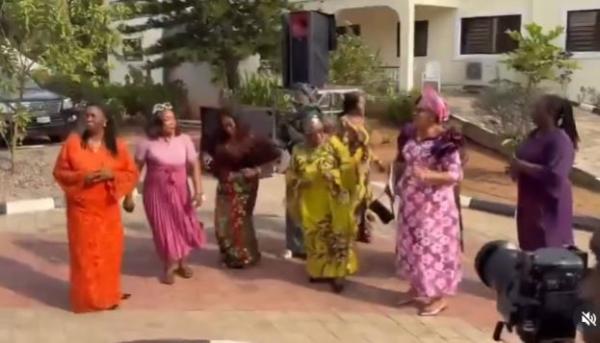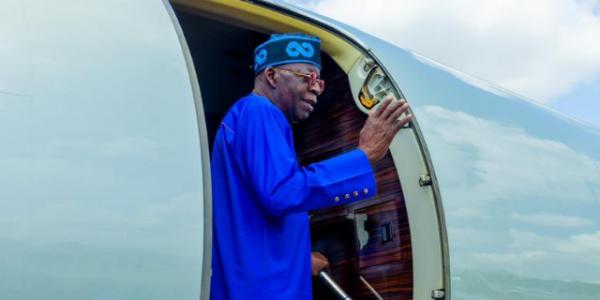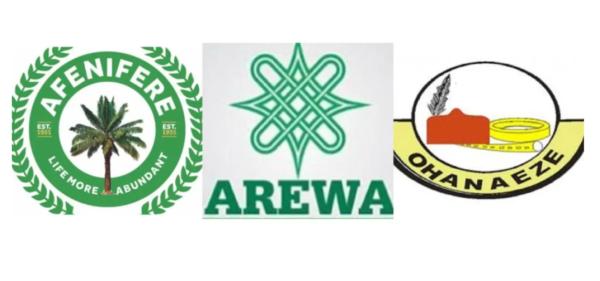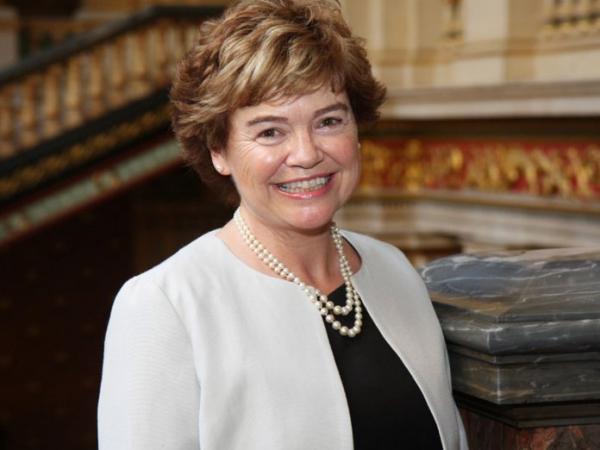
The British High Commissioner, Catriona Laing, has commended the Nasarawa State Governor, Abdullahi Sule, for the 35 per cent increase in the state education and improving business environment indicators, attracting investment and carrying out some critical investment to the lives of the citizens.
Laing disclosed this recently during a state visit to the state aimed at having high-level discussions with the state governor and key stakeholders in the state government, Civil Society Organisations (CSOs) and business leaders.
The visit gave the High Commissioner the opportunity to see at first hand some of the examples of what is making Nasarawa such a prosperous area to live, work and invest in.
It was learnt that the state houses solid minerals of economic potential such as zinc, lead, gold, tin and tantalite.
The visit gave Laing the opportunity to visit the Nasarawa Bus Terminal in Karu, to witness the progress the initiative is taking as construction at the site continues.
The planned Bus Rapid Transit (BRT) system would operate from the bus station, and it’s expected it would also improve the lives of Nasarawa residents.
It also aligns with Nigeria’s climate change commitments in its new Nationally Determined Contributions (NDC), where 22 per cent of transport kilometers should be BRTs by 2030. She also visited a second bus terminal under construction in Lafia.
The High Commissioner also attended her first Durbar in Nigeria, at the Lafia Stadium where she met with some of Nasarawa’s traditional leaders.
She lauded the leaders for honouring her and spoke about the need to continually celebrate and uphold history, culture and tradition.
The visit to Nasarawa State was an opportunity for the High Commissioner to stopover at the Kilema Local Rice Mill. The UK has helped develop flood and drought-resilient rice varieties for Nigeria and introduced techniques to reduce the amount of water but also the amount of methane which arises when rice is grown. This is also another element of Nigeria’s climate change commitments – at least 50 per cent of Nigeria’s rice should be grown this way.
She also visited a cassava processing centre which she was pleased to see was still continuing after the UK’s support more than 10 years ago.
In advancing the agricultural sector of the state, the UK Government has previously supported a fertiliser distribution and livestock vaccination system that still exists in Nasarawa State.
On animal vaccines, the UK leveraged a community-based organisation, FAHCI to establish a vaccinators’ network and to prime the market. FAHCI has continued to stock vaccines in their Lafia office and retail to vaccinators that come from the rural parts of Lafia, Doma and Akwanga LGAs.
“We continue to support research and production of animal vaccines as well as researching drought and flood resilient seeds and nutritious crops,” she said.
Laing said: “The UK Government supports Nigerian Government’s economic reform efforts, including diversification of the economy to promote conditions for sustainable and inclusive growth. We continue to lead efforts to mobilise the international community and the Nigerian Government to do more.
“Our trade and investment relationship goes across a number of sectors and we want to increase that investment, especially in the non-oil sectors that make up over 90 per cent of Nigeria’s economy and which are key to Nigeria’s recovery after the COVID-19 recession. Being here in Lafia has helped me see at first hand the many great investment opportunities Nasarawa State has to offer and I’m very grateful to Governor Abdullahi Sule for inviting me.”













